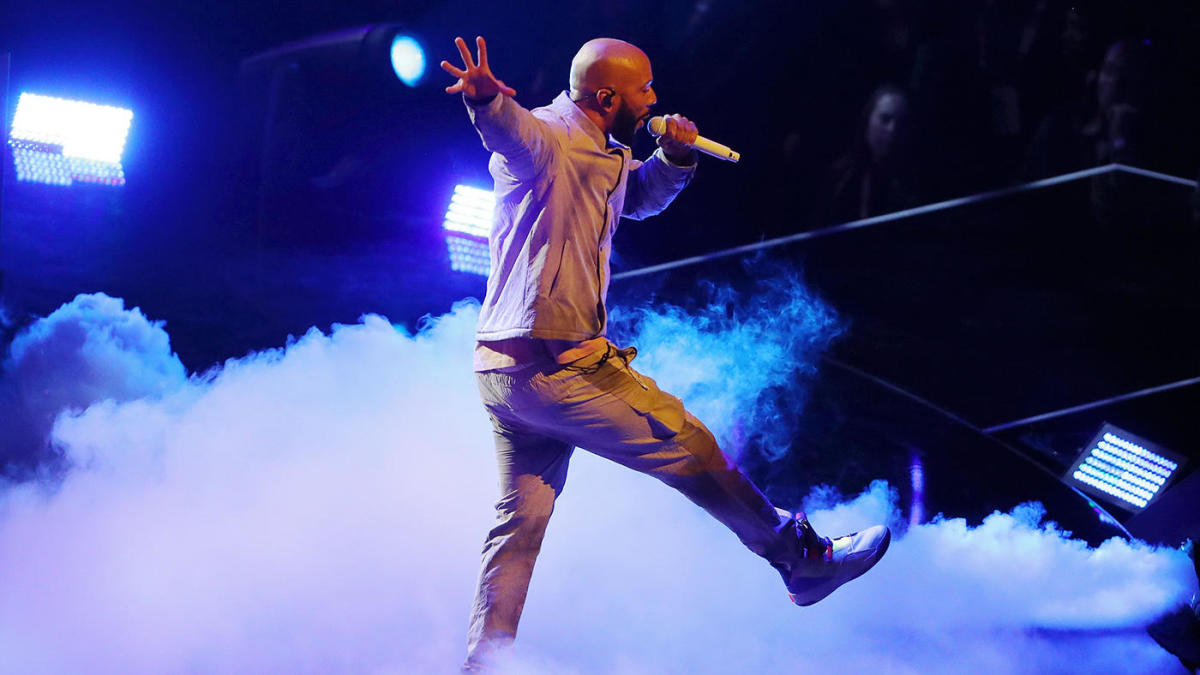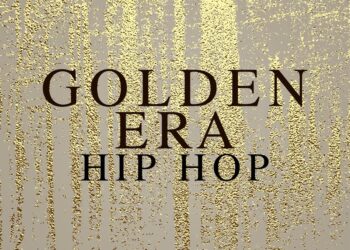By: Zachary Draves
Common’s performance to open the NBA All-Star Game showcased the best of the Windy City.
When Chicago comes to mind, some, unfortunately, resort the city to a caricature.
They only want to talk about the negative, particularly the issue of gun violence on the south side.
Instead of trying to fight for change and combat the violence in a holistic fashion, some use it as an opportunity to pathologize the community and score political points while doing so.
But Common wasn’t having it.
His performance showed what Chicago truly is.
A city that is deeply rooted in innovation, integrity, and inspiration and fights back whenever confronted with tragedy and turmoil.
His spoken word performance began with a tribute to the legends that defined Chicago.
One of which he referenced was Black Panther chairman Fred Hampton, a former student-athlete who became one of the greatest leaders of the 1960s and founded the principle of the Rainbow Coalition, where everyday people from diverse backgrounds come together in the fight for a better world.
He was unjustly killed by the Chicago Police Department on December 4, 1969.
Common gave his tribute using the background of the instrumental from another Chicago legend Curtis Mayfield’s iconic soundtrack from Super Fly.
Curtis was one of America’s most prolific, prophetic, and political artists in history whose social commentary made him immortal.
Common then gave tribute to some of Chicago’s top ballers including Dwayne Wade, Derrick Rose, Isiah Thomas, and Mark Aguire to name a few.
But one that stood out was that of Ben Wilson.
Ben was the best high school player in the country in 1984 playing for Simeon Academy.
His ascendance into the spotlight came at a very unique time in Chicago at the intersection of sports, culture, and politics.
Michael Jordan had become the 3rd round draft pick for the Bulls that year and was signed to a legendary deal with Nike which assigned him his own shoe, the now iconic Air Jordan.
That became a milestone moment in black culture where black style and aesthetics were now being marketed to the mainstream in a way that had never been done before.
Harold Washington became the first black mayor of the city with the goal of taking Chicago in a new direction with the focus on equal opportunity for all.
Rev. Jesse Jackson, the founder of the Rainbow/Push Coalition based in Chicago, made a historic bid for the White House with a message of “keeping hope alive!”
Also, Hip Hop was coming up from the underground and gave a voice to those living under the harsh conditions of economic inequality, the deindustrialization of America, and the expanding War on Drugs.
All of which produced Common came out of and tells it like it is.
This was all going down in 1984 and in the midst, there was the rise of Ben Wilson.
He was destined for big things but tragically those dreams were shattered in November 1984, when he was the victim of an act of gun violence a few yards away from Simeon.
His death shocked and bewildered the city and galvanized a greater action to tackle gun violence.
For Common, a Chicago native himself to pay homage to a fallen legend was emotionally wrenching.
From there, Common would go on to pay tribute to MJ himself and those 6 championships that made Chicago the center of the basketball universe.
In addition, he gave a special shoutout to Kobe Bryant as the league and the sports world, in general, is still reeling from his untimely death.
Common took a moment to highlight to the talent of another soulful legend named Chaka Khan, also a Chicago native whose powerful voice and every woman persona did wonders for the city.
Chaka was also a former Black Panther who was friends with Fred Hampton.
He mentioned Dr. King, whose legacy lives on in Chicago.
Dr. King came to the city in 1966 to organize the Chicago Freedom Movement to tackle systemic racism and was one of his first public displays of activism in the North.
Then he gave props to President Barack Obama, who began his political career on the south side and whose strong bond with the game of basketball and hip hop created space for those worlds to have a significant place in the White House and the larger political landscape.
Finally, Common was ready for game time.
His introduction was deeply personal, political, and powerful.
Almost similar to Jimi Hendrix at Woodstock 1969, Beyonce at the 2016 Super Bowl paying homage to the Black Panther Party, Beyonce at Coachella in 2018, and JLo and Shakira’s recent Super Bowl Halftime Show.
Performances that were intersecting culture, sports, politics, identity, and social justice.
It was greatly needed.
Common’s presence also spoke volumes to the deep love between basketball and hip hop that is well documented and rooted in mutual love and respect as well as having similar cultural practices.
Basketball and hip hop are two areas where improvisational style rules the day and is about making something out of nothing and winning on your own terms.
A great reference to look at would be USC Professor Dr. Todd Boyd’s amazing book Young, Black, Rich, and Famous: The Rise of the NBA, the Hip Hop Invasion, and the Transformation of American Culture.
This was one for the ages and hopefully, now people will look at the richness that Chicago has brought to the world.
Long live Chi-Town.


 NFL
NFL





